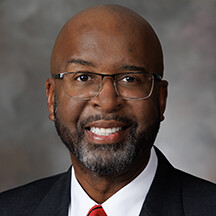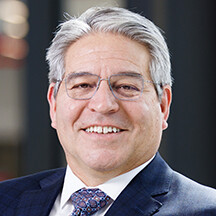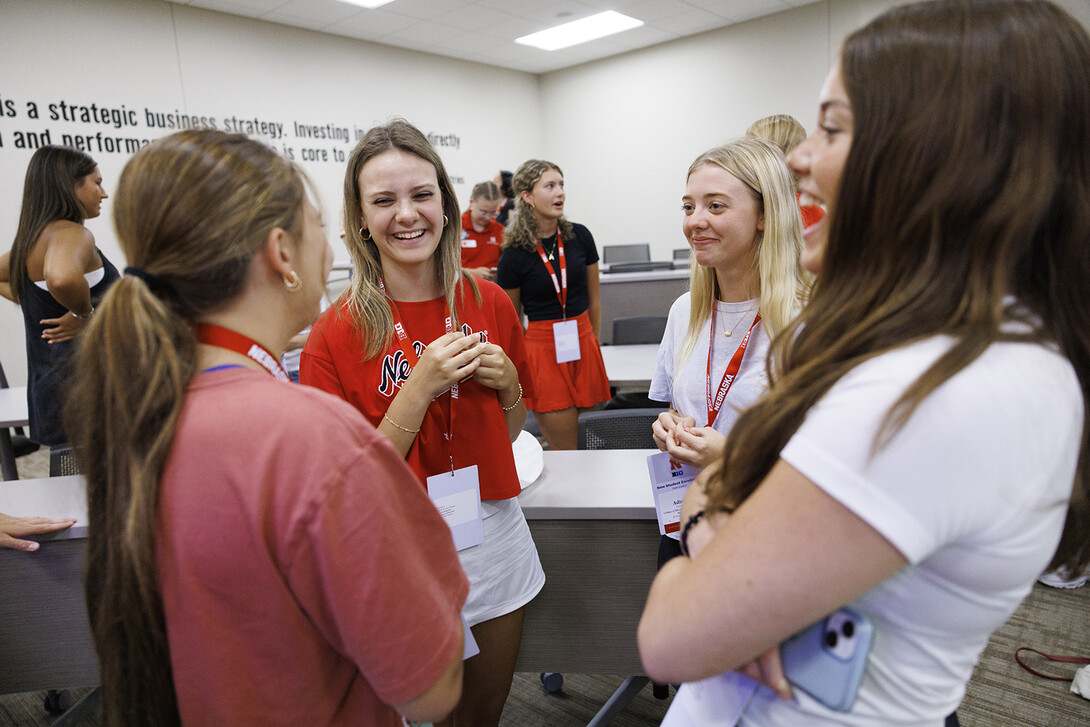
Through a renewed focus on academic excellence and student success, the University of Nebraska–Lincoln made significant strides in the 2025 U.S. News & World Report college ranking.
Announced Sept. 24, the ranking elevates Nebraska’s flagship, land-grant university to No. 152 nationally, up seven spots from No. 159 one year ago. Among all public institutions in the United States, UNL advanced its place in the top 100, moving up three places to No. 81.

“From enrollment and student retention to research funding and national rankings, the University of Nebraska–Lincoln is gaining incredible momentum as we press forward into an extraordinary future,” Chancellor Rodney D. Bennett said. “These successes are a testament to the dedication of our faculty and staff to fostering an environment of excellence.”
The U.S. News & World Report ranking also tracked growth in academic areas where UNL has recently made significant facility investments. The College of Engineering jumped 11 spots to No. 71 nationally among programs where the highest degree offered is a doctorate. And, the College of Business showed a considerable gain in undergraduate business programs (up nine spots to No. 53) and rose in undergraduate economics instruction (up two places to No. 143).
Both colleges offer cutting-edge facilities — Hawks Hall for the College of Business, as well as Kiewit Hall and the remodeled Scott Engineering Center for the College of Engineering — which have been a draw for first-year students.
“I chose engineering here at Nebraska because of the evident commitment the university has made to investing in the engineering programs and the accessibility of the staff,” said Soren Hieggelke, a first-year electrical engineering major from Portland, Oregon. “I am excited to be here. In the first week, I met and made countless friends, created lifelong memories, and I was able to meet with the department chair of my major.”

Lance C. Pérez, Fred Hunzeker Dean of Engineering, credited a collective effort to move the college forward in national perception. That effort includes $115 million raised to build Kiewit Hall; expanded scholarship opportunities, including the Peter Kiewit Foundation Engineering Academy and the Kiewit Scholars program; 68 new faculty hires in the last six years; increases in research funding; and greater levels of career excellence by engineering graduates.
“Our recent significant investments have generated a real excitement around Nebraska Engineering, capturing greater attention nationally,” Pérez said. “However, the true heart of our success lies in our dedicated staff and faculty. Their relentless commitment to this being a place where every person and every interaction matters is propelling our college and students toward greater achievements.”
In the College of Business, the ranking coincides with a record-breaking 11.1% increase in first-year business majors, with notable growth in accounting, actuarial science, business and law, and finance.

“This recognition reflects our commitment to developing business leaders who meet the demands of today’s workforce here in Nebraska and nationwide,” said Kathy Farrell, James Jr. and Susan Stuart Endowed Dean of the College of Business. “With our record enrollment increases and new programs like business analytics, we are not only enhancing our academic offerings, but also ensuring that our students are well-prepared to succeed after graduation.”
Farrell said crucial investments in student services, including academic advising, strengths and career coaching, and free tutoring, have moved the college forward. Students are also benefiting from specialized programs, like the Nebraska Business Honors Academy, Inclusive Business Leaders, and Entrepreneur Catalysts.

In other areas of the U.S. News & World Report rankings, the University of Nebraska–Lincoln continued to hold strong national rankings in affordability (up one position to 107 in Best Value Schools) and veteran supports (up three to 108 in Best Colleges for Veterans).
The 2025 rankings evaluated universities nationwide based on 17 factors — including graduate/retention rates, peer assessments, financial resources for students, and graduate debt. The complete survey is available at http://www.usnews.com.







